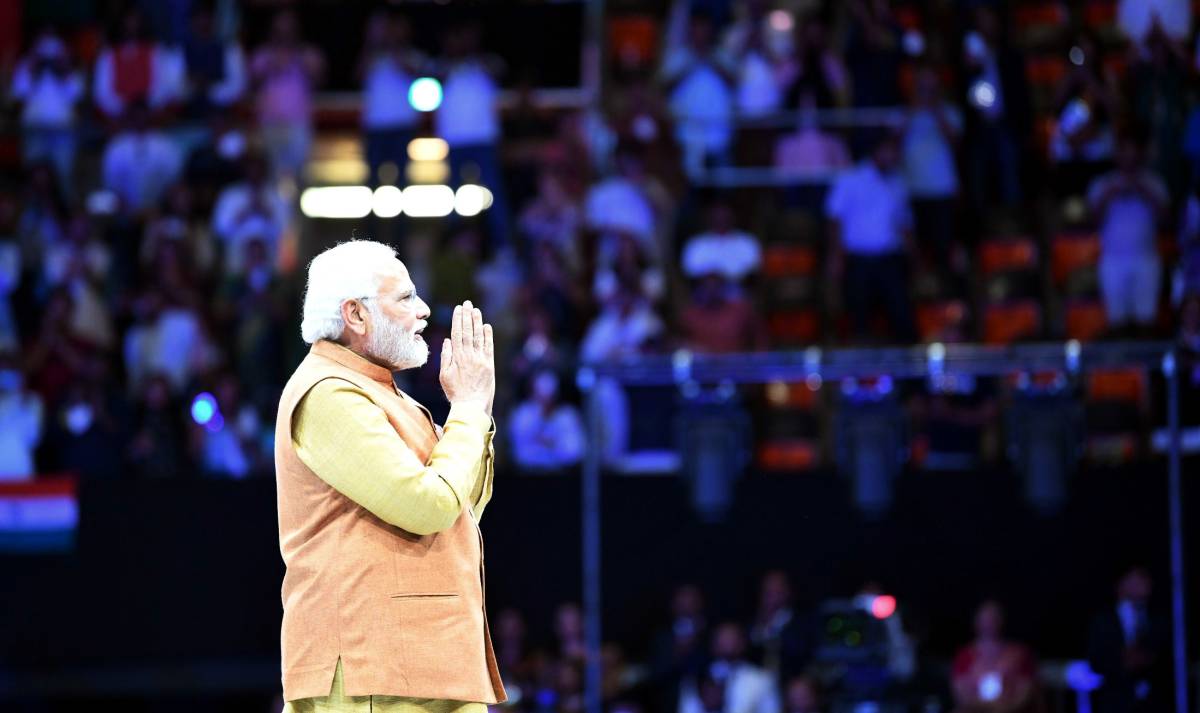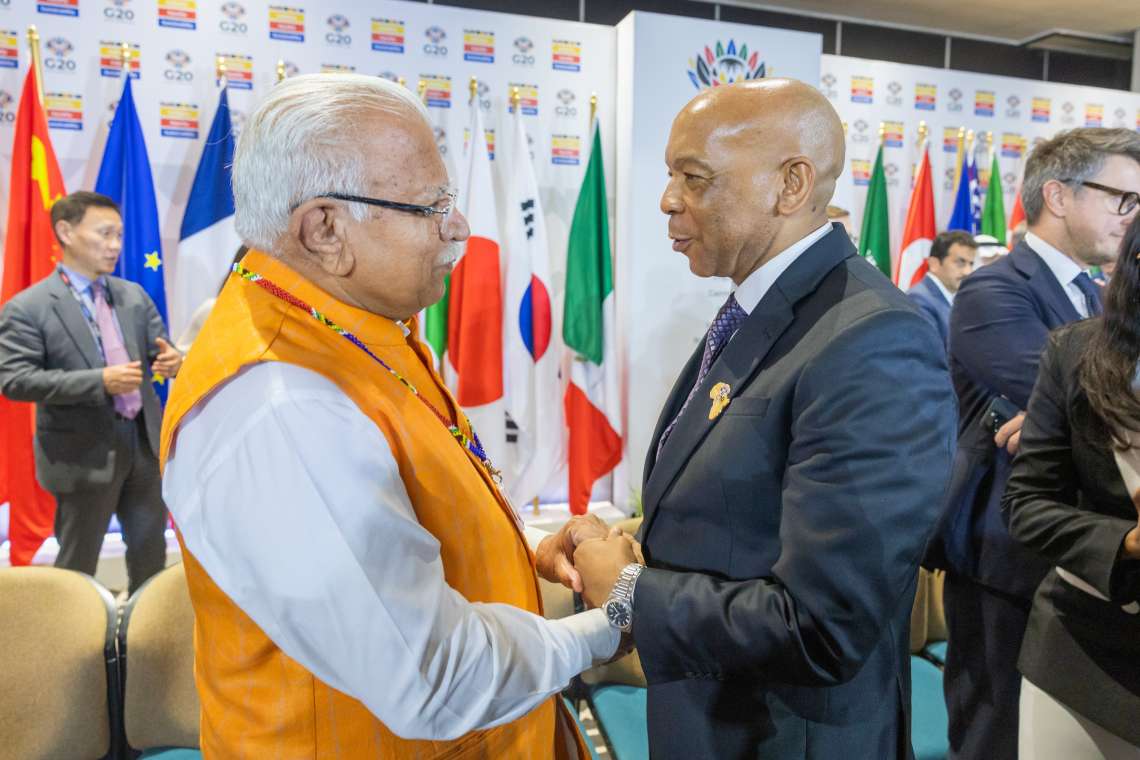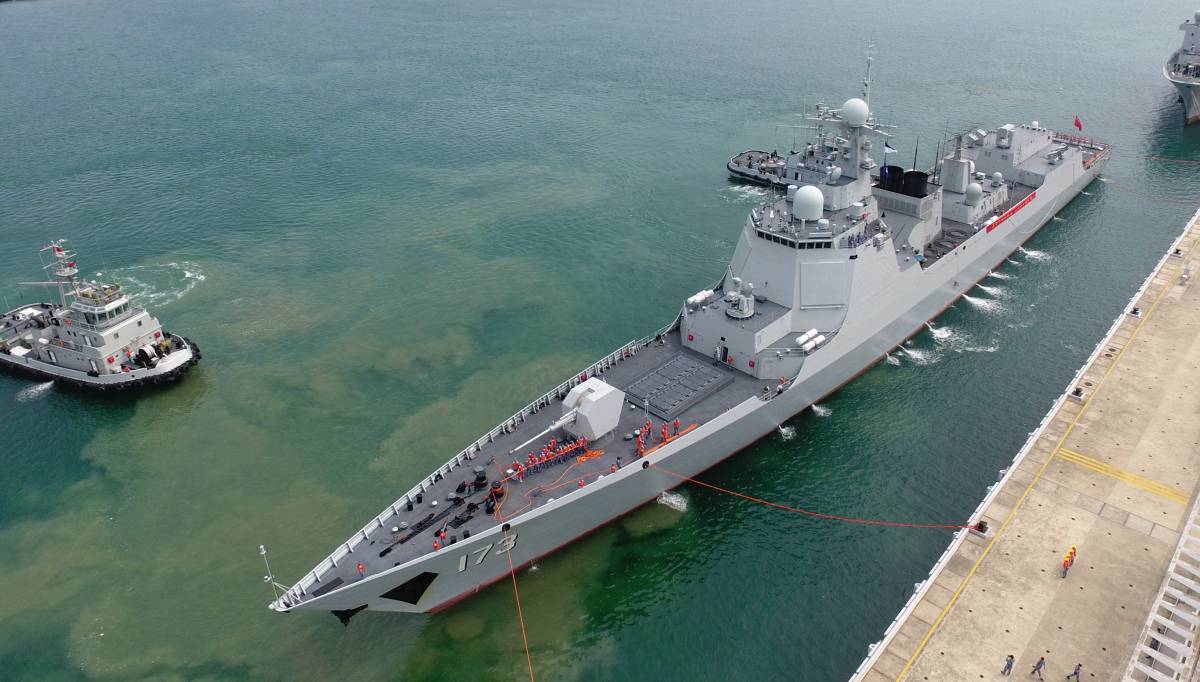While welcoming the summit in J&K next year, Lieutenant Governor Manoj Sinha said that it would send a message of peace and normalcy to the whole world, writes Ahmed Ali Fayyaz
On Thursday, 23 June 2022, the Government of Jammu and Kashmir constituted a 5-member committee of bureaucrats under Principal Secretary Housing & Urban Development Dheeraj Gupta “for overall coordination of G-20 meetings to be held in the Union Territory of J&K”.
Earlier, in November 2020, G-20 leaders had announced in Riyadh, Saudi Arabia, that India would host the summit of the high-profile grouping in 2023 with the delay of one year due to the Covid-19 pandemic. As per the previous schedule of the Osaka Declaration, Saudi Arabia was to host the G-20 summit in 2020, followed by Italy in 2021 and India in 2022. Among others, Prime Minister of India Narendra Modi, then outgoing U.S. President Donald Trump and the President of China Xi Jinping had attended the G-20 summit at Riyadh.
“We have constituted the committee immediately after we were told by the Union Government to coordinate arrangements for the G-20 summit as it could be held in Jammu and Kashmir in 2023. As of now, this is all. There’s no further development”, Dheeraj Gupta told India Narrative.
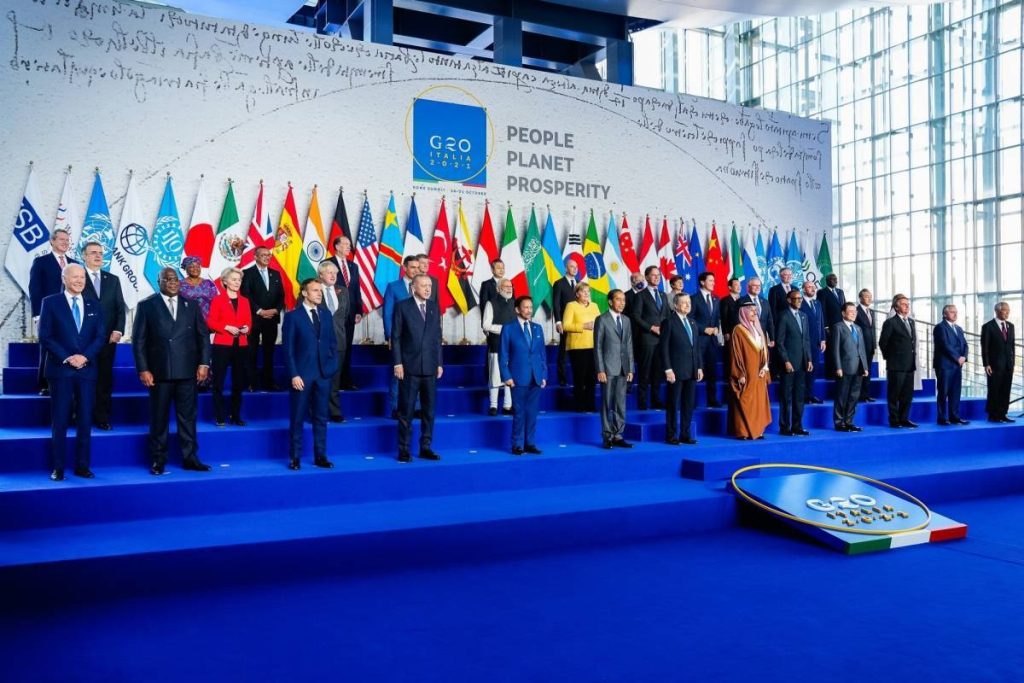
While welcoming the summit in J&K next year, Lieutenant Governor Manoj Sinha said that it would send a message of peace and normalcy to the whole world. He said development would not be far away if peace returns to Kashmir. “If there is no peace, then rest assured no power on earth can bring development to the place. There are some people who do not like this. They do not want peace here, they want violence. J-K’s welfare is in this, we can progress and come closer to or overcome other nations only when there is peace here”, Sinha asserted.
“If J&K returns to the phase of strikes and shutdowns and violence, then those days which were very painful, may have to be seen again”, Sinha warned.
“I appeal to people to remain cautious of these elements. They are not your friends, they want to create hurdles in the way of peace on the directions from the outside. There is a small number of such people and I want to tell you that our administration and security forces are committed to protect the common man. We will not touch the innocent, that is our policy, but it is our policy as well that the culprits will not be spared in any way”, Sinha said.
As and when the G-20 summit would be held in Jammu and Kashmir, it would be arguably India’s biggest diplomatic gain at the international level since the outbreak of a separatist movement and armed insurgency in 1989-90. This will be the first major international summit to be held in Jammu and Kashmir not only after the withdrawal of its special status, guaranteed under Article 370 of the Indian constitution, but also in the last 36 years. New Delhi suffered certain diplomatic reverses, mainly due to an unprecedented synchronisation between a bad Press and academia at the international level, after J&K’s reorganisation in August 2019. However, three different visits by the world diplomatic delegations in 2020 and 2021 neutralised the damage to a great extent.
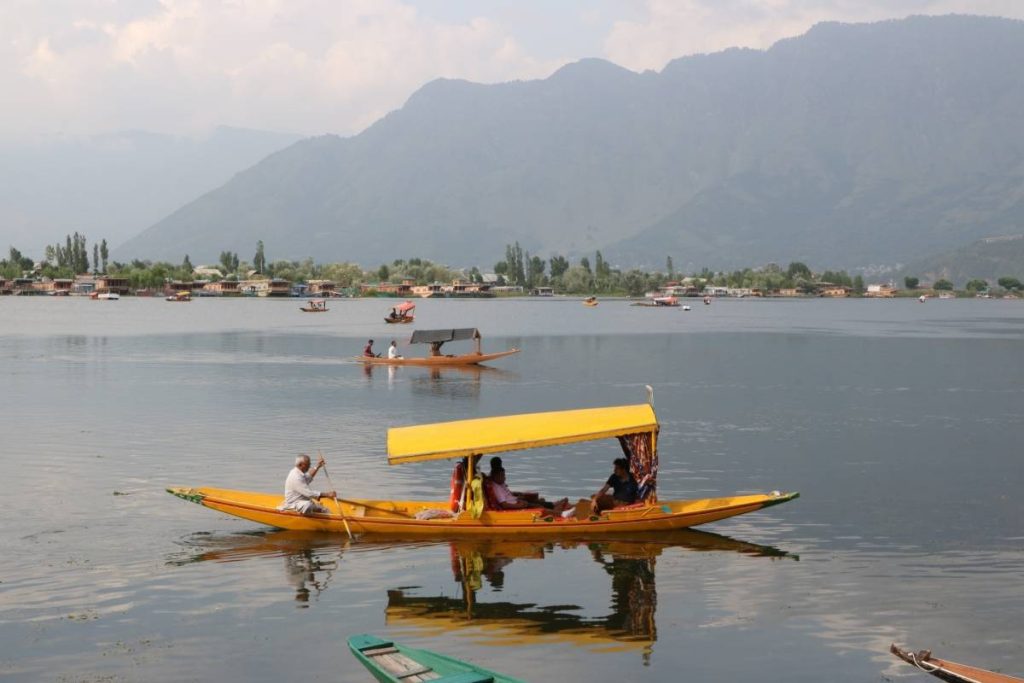
G-20 is a formidable politico-economic alliance comprising 19 countries, including The United States of America, Canada, The United Kingdom, Germany, France, Russia, China, India, Japan and the European Union. Other member nations include Argentina, Australia, Brazil, Indonesia, Italy, Mexico, Saudi Arabia, South Africa, South Korea and Turkey. Its summits are also attended by representatives of the International Monetary Fund (IMF) and the World Bank (WB).
G-20 membership comprises a mix of the world’s largest advanced and emerging economies, representing about two-thirds of the world’s population, 85 per cent of global gross domestic product, 80 per cent of global investment and over 75 per cent of global trade.
The work of G-20 members is, among others, also supported by the International Labour Organization (ILO), the Organisation of Economic Co-operation and Development (OECD), the World Trade Organization (WTO) and the United Nations (UN).
G-20 also regularly engages with non-government sectors, engagement groups from business (B20), civil society (C20), labour (L20), think tanks (T20) and youth (Y20) while holding major events during the year, the outcomes of which does contribute to the deliberations of G-20 leaders.
The group focuses on a broad agenda of issues of global importance. Although issues pertaining to the global economy dominate the agenda, additional items like financial markets, tax and fiscal policy, trade, agriculture, employment, energy, fight against corruption, advancement of women in the job market, climate change, global health have also gained importance in recent times. Counter-terrorism and choking of terror funds are reportedly India’s top agenda priorities in the G-20 summits.
G-20 also played a critical role in the ratification of the Trade Facilitation Agreement, with the WTO estimating it could contribute between 5.4 per cent and 8.7 per cent to global GDP by 2030 if the agreements were fully implemented. It brings the World’s top developed and developing countries together to bring about consensus and reasoning into decision making through discussion.
In September 2021, Union Commerce and Industry Minister Piyush Goyal was appointed as India’s Sherpa for the G-20. The Ministry of External Affairs had said that India would, for the first time, hold the G-20 presidency from December 1, 2022, and convene the G-20 leaders’ summit in 2023. The announcement of holding it in Kashmir has virtually dropped a bombshell in Pakistan which lost no time to raise its objection.
“Contemplating the holding of any G-20-related meeting or event in J&K, in utter disregard of the globally acknowledged disputed status of the territory, is a travesty that the international community cannot accept under any circumstances,” the Foreign Office spokesman in Islamabad said in a statement. According to him, “any such controversial proposal” from India would be designed to seek international legitimacy “for an illegal and tyrannical occupation continuing for over seven decades”.
Pakistan’s restlessness over the idea of a G-20 summit in Kashmir is understandable for many reasons and facts. No major international conference has been held in Jammu and Kashmir as Islamabad has always raised the bogey of the State being “disputed”. Of the international sports events, just two cricket matches have been held in Srinagar– the first in October 1983 between India and West Indies and the second in September 1986 between India and Australia. An organised pro-Pakistan demonstration at the stadium in 1983 spoiled the show.
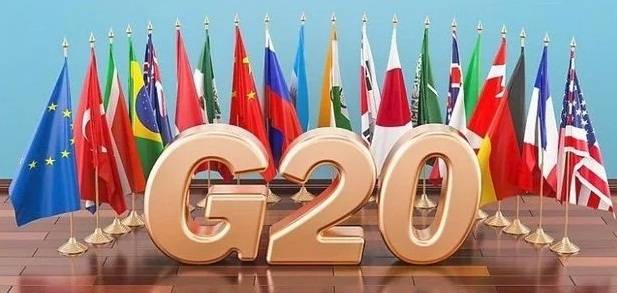
In the year 2003, Pakistan succeeded in blocking a 1000 crore World Bank fund for Integrated Watershed Development Project (IWDP-2) in Jammu and Kashmir even as the phase-1 of the project had been completed with a smaller aid from the World Bank.
When India and Pakistan were holding negotiations over starting a cross-LoC bus service between J&K and the Pakistan occupied Kashmir, Islamabad objected to the presence of the then Managing Director of the Jammu & Kashmir State Road Transport Corporation, Maulvi Mushtaq Ahmad, in a meeting in New Delhi. Maulvi Mushtaq, who was later shot dead in a terror attack, happened to be the maternal uncle of the Hurriyat chairman Mirwaiz Umar Farooq.
Even the performance of some Pakistani artistes in Kashmir raised controversies when so-called prople-to-people contact began brewing up after 2003. In March 2004, a troupe of Pakistani scouts and guides– some from PoK–visited Srinagar. In April 2004, Pakistani singer Samia Malik and the celebrated Indian choreographer Mallika Sarabhai performed together in Srinagar. Pakistan’s famous Sufi pop band ‘Junoon’ with lead singer Salman Ahmed performed at Sher-e-Kashmir International Conference Centre in Srinagar in May 2008. On all these occasions, political and militant groups across Pakistan raised hullabaloo forcing the establishment to take a hard line. These events by the Pakistani artistes were dismissed as a compromise on Islamabad’s traditional position on Kashmir.
The G-20 summit or its related group meetings in Kashmir would be the biggest diplomatic setback for Pakistan which has hardened its position on Kashmir after abrogation of Articles 370 and 35-A and split of the erstwhile State into the two Union Territories in 2019. Significantly the European Union, which used to call Kashmir as “the world’s largest open air prison”, is also a part of the G-20.
(The content is being carried under an arrangement with indianarrative.com)


